Barbara Kruger
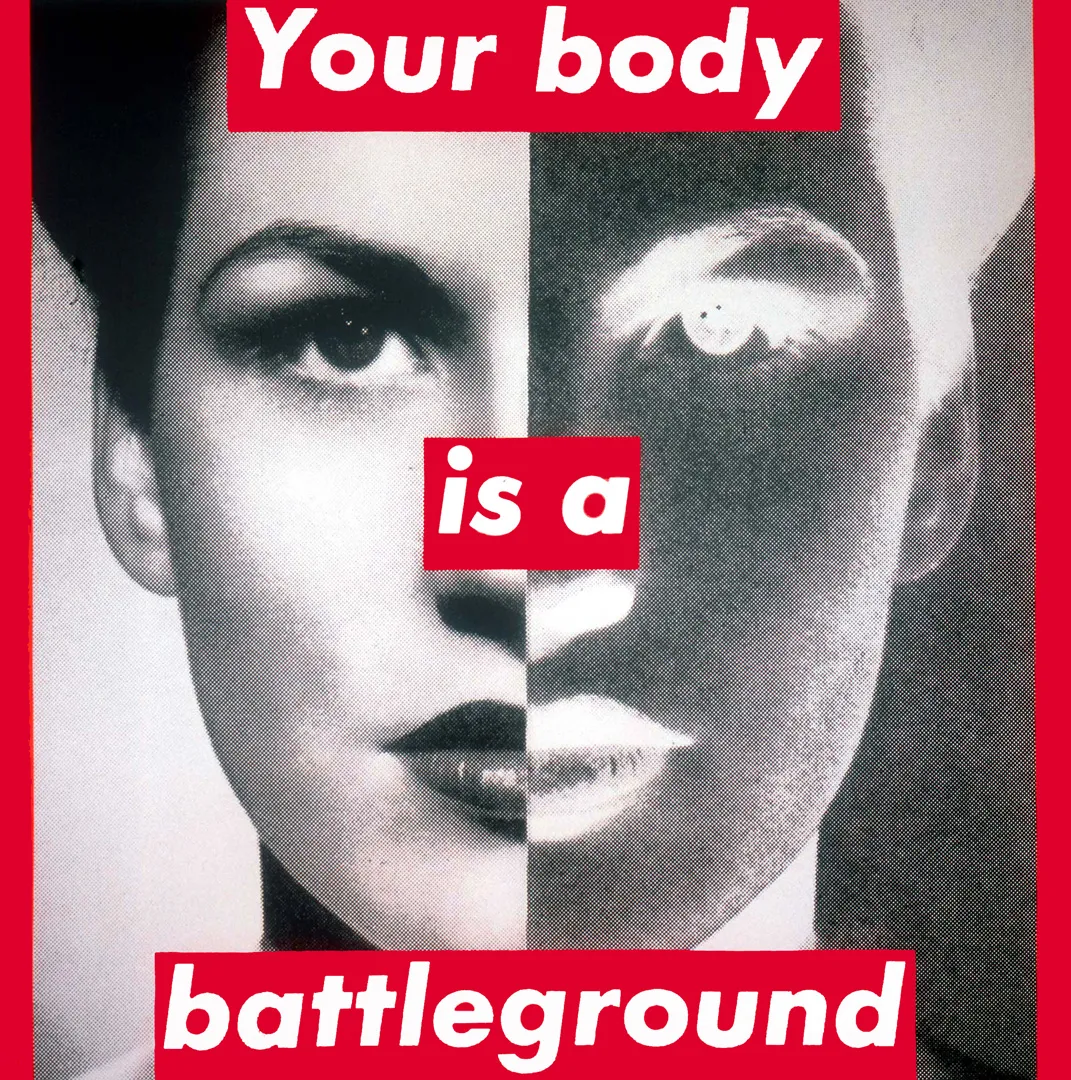
Barbara Kruger, born in 1945 in Newark, New Jersey, is a conceptual artist who reshaped the language of art by combining bold text with striking imagery to interrogate systems of power, gender, and consumer culture. Trained as a graphic designer, Kruger used her commercial background to subvert the glossy aesthetics of advertising—transforming tools of persuasion into weapons of critique.
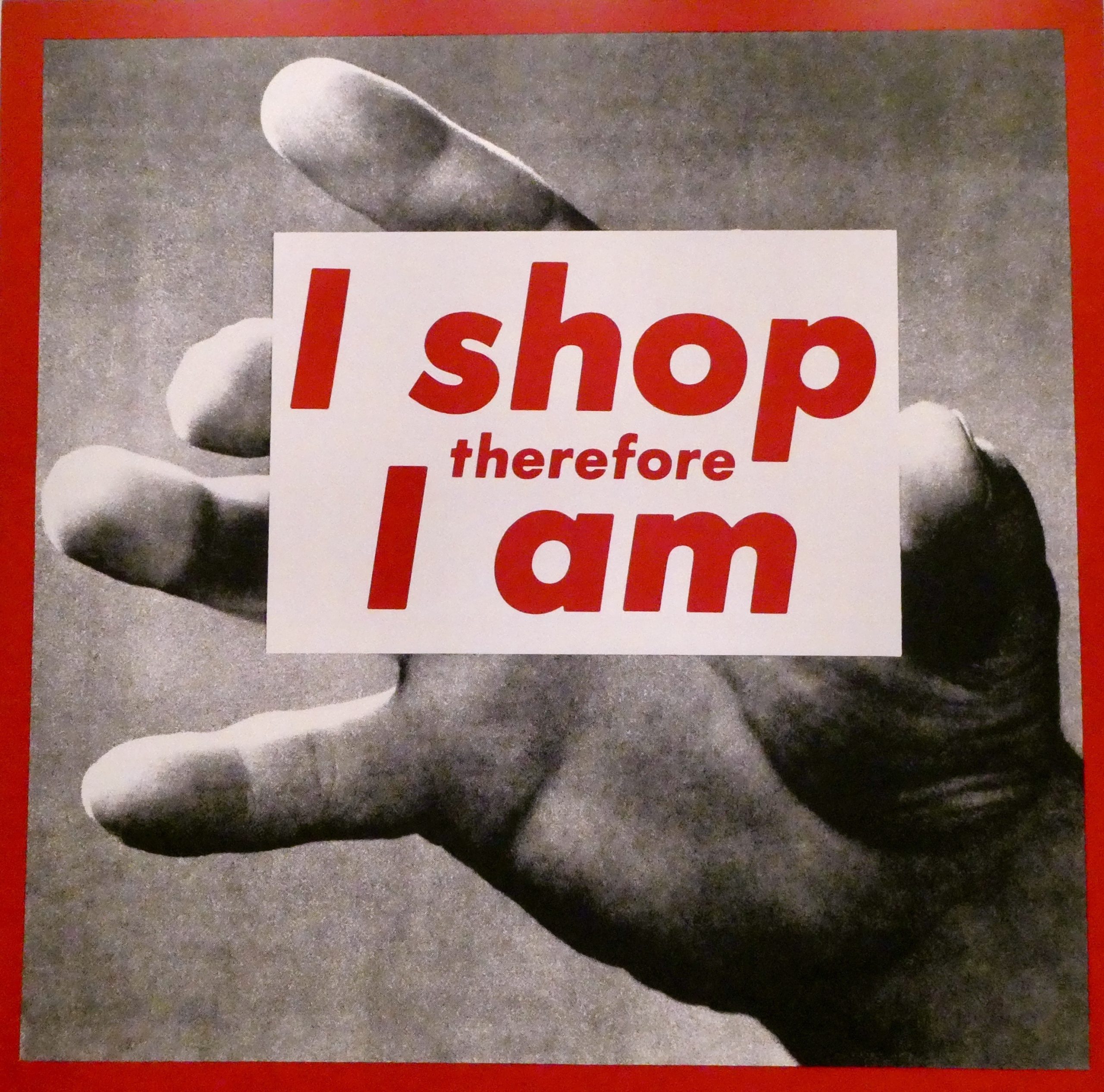
Kruger rose to prominence in the 1980s with her iconic red, white, and black compositions—juxtaposing archival photographs with provocative, declarative phrases like 'I shop therefore I am' and 'Your body is a battleground.' These works exposed the ideological machinery behind media, marketing, and gender roles, using the language of capitalism to critique its grip on identity and value.
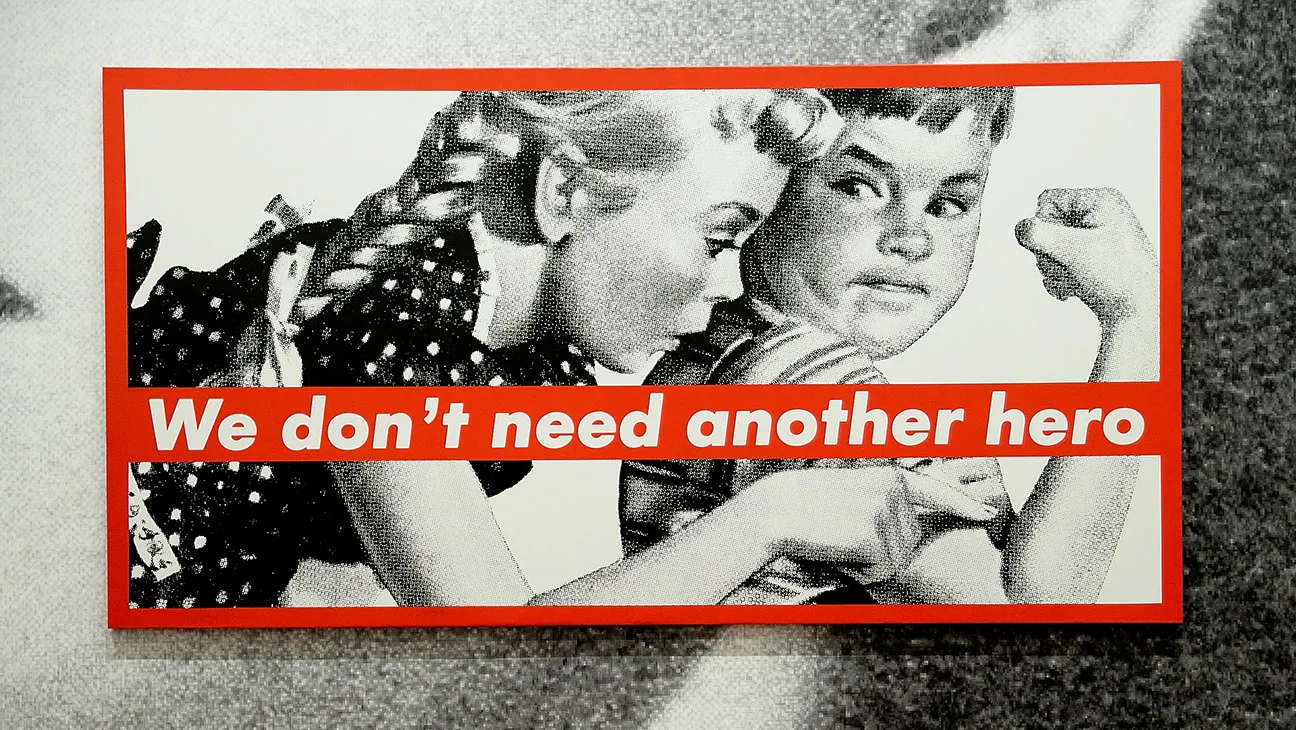
Her feminist interventions dismantled the objectification of women in visual culture, making works like 'Untitled (Your Gaze Hits the Side of My Face)' and 'Your Body is a Battleground' powerful commentaries on autonomy, representation, and reproductive rights. Kruger’s confrontational style blurred the lines between gallery art and street protest, insisting that the personal is always political.
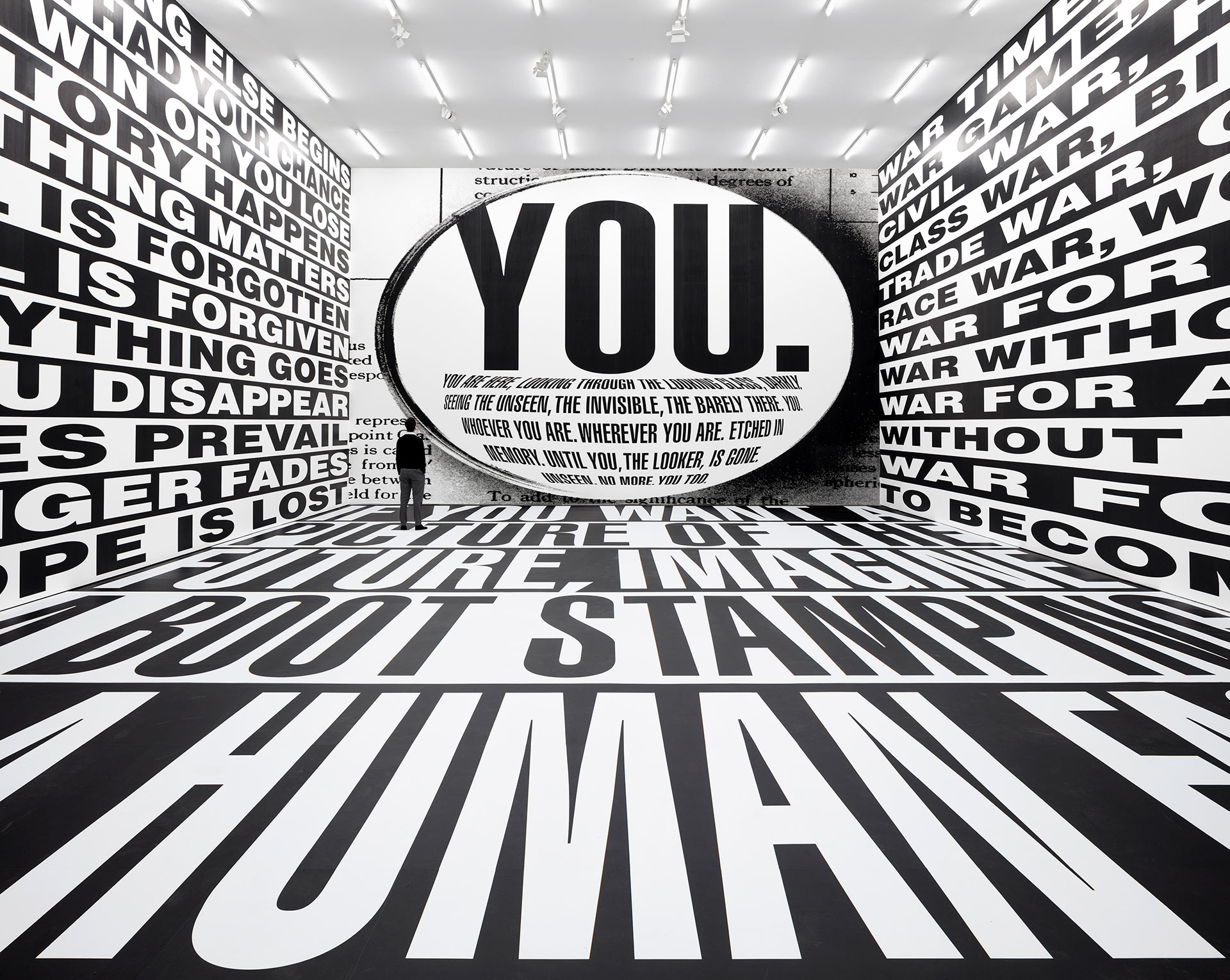
Over the decades, Kruger’s work has appeared on billboards, buses, book covers, buildings, and social media, proving that art can infiltrate public space to provoke critical reflection. Her legacy lies not only in her aesthetics but in her refusal to let power go unchallenged—using art as a call to consciousness in a world saturated with passive consumption.
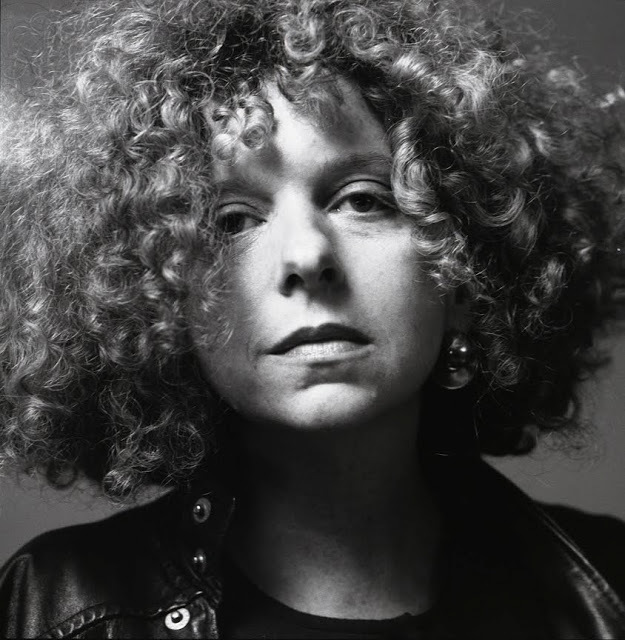
?
How does Barbara Kruger use advertising techniques to critique capitalism?
What role does typography play in the emotional impact of Kruger’s work?
Why are feminist themes so central to her message—and how have they evolved over time?
Can art still be subversive in a world where even protest aesthetics are sold back to us as style?
What happens when activist art becomes commercialized?
How do Kruger's public installations challenge the boundaries of the art world?
If you could create your own Kruger-style slogan, what would it say and where would you put it?
Dig Deeper
Dive into Kruger’s bold aesthetic and her decades-long critique of power, language, and media.
Discover more

Hannah Höch
Hannah Höch refused to stay in the background. In an art world dominated by men and shaped by war, she used scissors and satire to carve out her own space. She proved that women weren’t just muses or helpers—they were visionaries, revolutionaries, and rule-breakers. Her work dares us to remix the world as we see it, to find power in fragments, and to never settle for a single definition of who we are.

Faith Ringgold
Faith Ringgold didn’t just make art—she quilted justice, memory, and revolution into every thread. Her work teaches us that stories passed down become power passed forward, and that when we tell the truth in color, in fabric, in fearless honesty, we don’t just preserve history, we transform it. The future is stitched by those brave enough to remember and reimagine.

Frida Kahlo
Frida Kahlo taught the world that your story matters, even the painful parts. She turned pain into poetry. Her life and art remind us that vulnerability is strength, that identity is worth celebrating, and that the most powerful art often comes from the rawest places inside us.
Further Reading
Stay curious!
